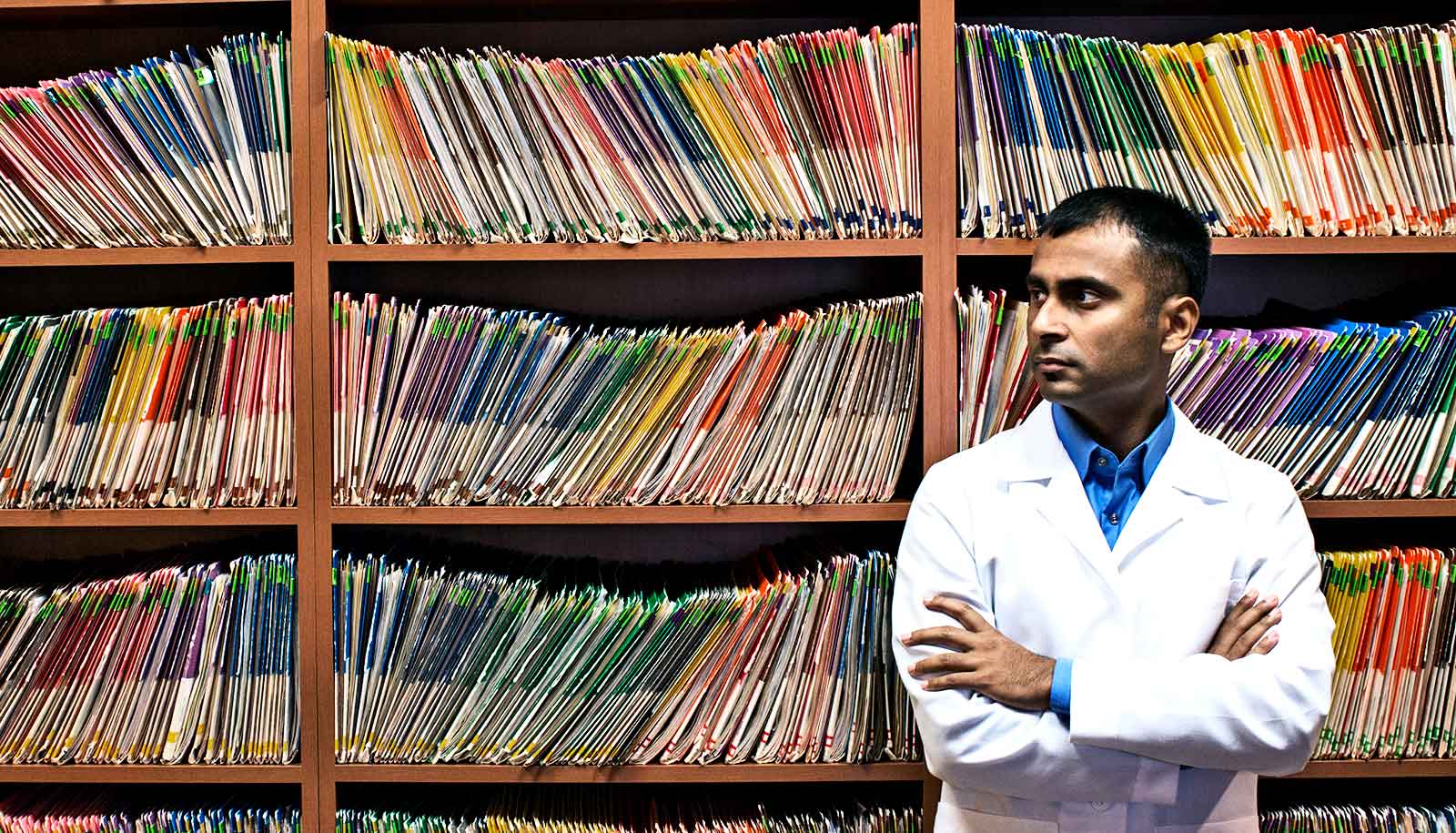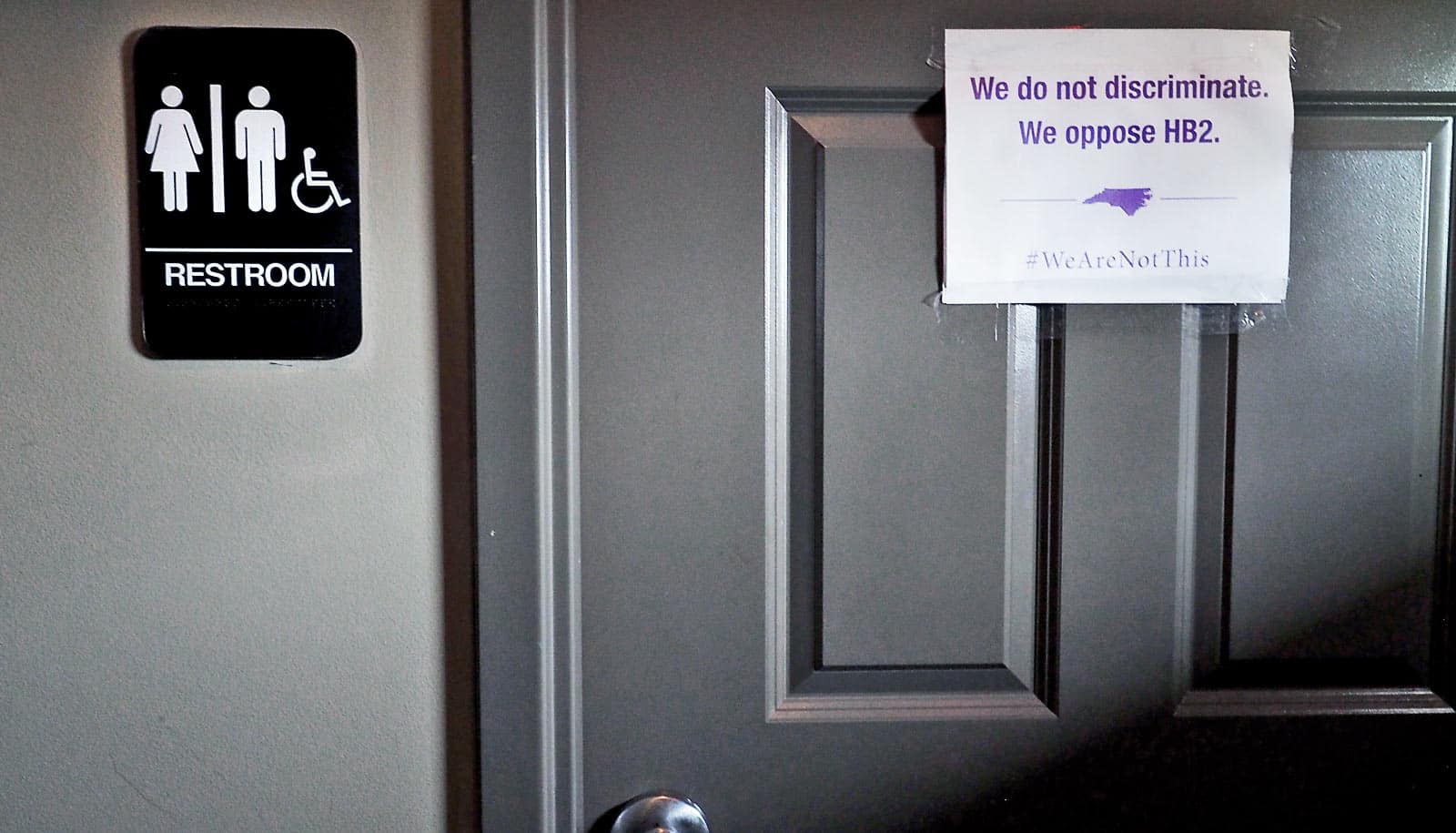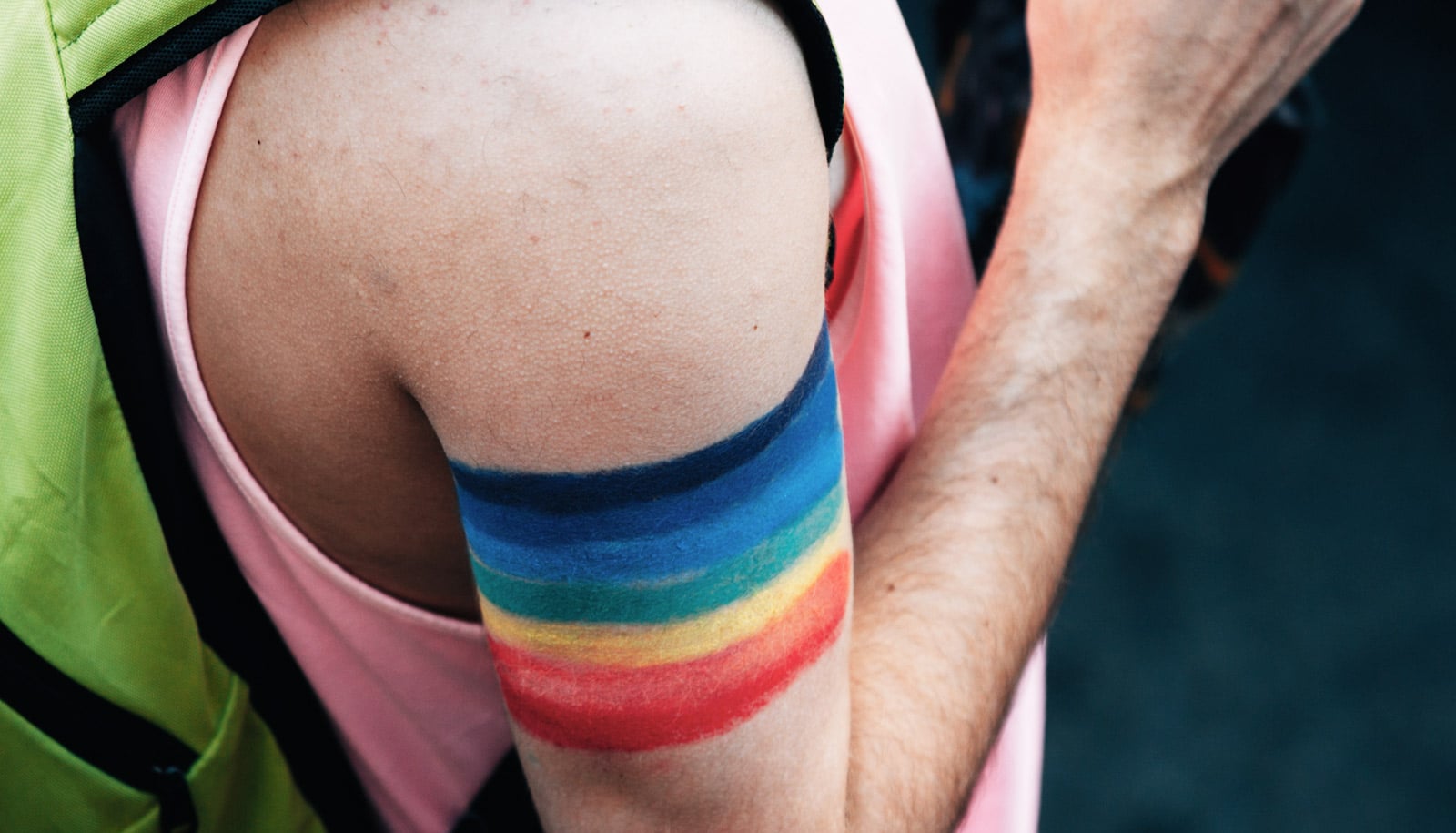More contact with LGBT people during medical school may reduce bias in new doctors, according to recent research.
In the study, early-career doctors expressed less bias towards sexual minorities two years after medical school if they had more contact and favorable interactions they had with LGBT people during medical school.
Conversely, the more negative views students were exposed to about sexual minorities during medical school the greater the bias they exhibited by the second year of their medical residency.
“Sexual minorities report less satisfaction with their health care than heterosexuals,” says lead author Natalie M. Wittlin, a doctoral candidate in the psychology department at Yale University. “Hopefully, reductions in physician bias following positive contact with LGBT individuals early in their training will help improve patient satisfaction and even health outcomes.”
The researchers surveyed more than 2,900 medical students across six years, from their first year of medical school to their second year of medical residency. The survey assessed both the level and quality of their contact with LGBT individuals and also whether they had heard or experienced negative comments or actions against sexual minorities. The researchers also asked them questions designed to assess bias.
After six years, students who had more contact and favorable interactions with LGBT individuals scored lower on measures of explicit bias. Students who had been exposed to “negative role modeling” expressed more bias against sexual minorities.
Wittlin says the findings suggest early exposure to people with different sexual orientations and more vigilance against bias in medical schools could help improve doctor-patient relationships.
The research appears in the journal Social Science & Medicine. Michelle van Ryn of Oregon Health & Science University is senior author of the paper. Funding for the work came primarily from the National Institutes of Health.
Source: Yale University



